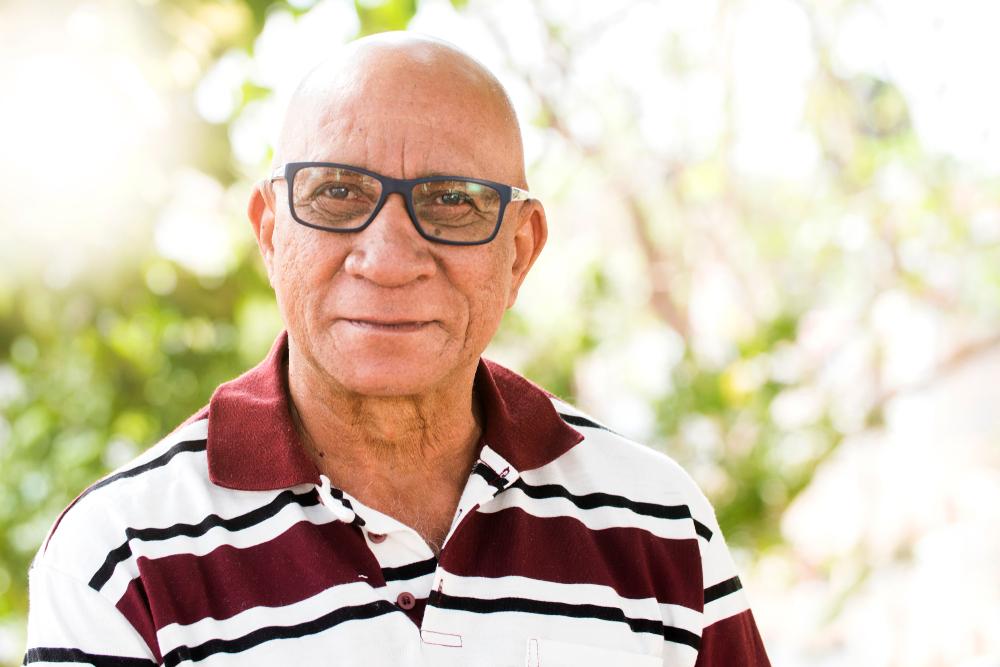As the population ages in the US, concerns about physical and mental health grow among these individuals as well as their families. The Substance Abuse and Mental Health Services Administration (SMHSA) says that over the past 10 years, there has been a 33% increase in the number of adults over the age of 65. The older population is projected to almost double by 2060. By 2030, all Baby Boomers, individuals born between 1946 and 1965, will be over the age of 65. Currently, about 20% of older adult experience mental health issues, so it’s important to be able to recognize the signs of mental illness in older adults.
Mental Health Issues and Aging
Mental health problems are not a normal part of aging, even though older adults are at risk for mental illness. Most older adults say they are satisfied with their lives, even with the illnesses or physical problems that do come with the aging process.
Life changes that happen as people get older, including retirement, the death of a loved one, or the onset of a serious illness, can cause them to be stressed and sad. Although many older adults can adjust to these changes, some are more challenged by them. The individuals who have more trouble adjusting can be at risk for mental disorders such as anxiety and depression.
Recognize the Signs of Mental Illness in Older Adults
Mental health disorders can cause suffering in a number of ways, including making it more difficult to manage other health problems. Older adults can experience chronic health issues that can affect their mental health. It’s critical to recognize the signs of mental illness in older adults, which can include:
- Withdrawing from activities they used to enjoy.
- Isolating themselves from people they liked to be around.
- Changes in their eating or sleeping habits.
- Changes in their energy levels and their mood.
- Feeling numb, as though nothing matters.
- Feeling sad or hopeless.
- Feeling confused, angry, upset, or scared.
- Becoming irritable or aggressive.
- Hearing voices.
- Believing things that are not true.
- Experiencing thoughts that just won’t go away.
- Increasingly using drugs or alcohol.
- Showing signs that they are thinking of harming themselves or others.
Mental Health Conditions
The CDC estimates that 20% of people over the age of 55 experience some type of mental health concerns. The most common mental health conditions among older adults are anxiety, mood disorders such as depression or bipolar disorder, and severe cognitive impairment. These mental health issues are often factors in suicide rates in older adults. Older males have the highest rate of suicide out of all age groups, with men over the age of 85 having a suicide rate of 45.23 per 100,000.
Depression is the most prevalent mental health issue in older adults. Depression is associated with suffering and distress and can lead to other mental impairments as well as issues in physical health and social functioning. Depression can be caused by and can affect the course of treatment of other chronic diseases.
The rates of depressive symptoms tend to increase with age, but depression is not a normal part of growing older. In 80% of cases, it is a treatable mental health condition.
Symptoms of Specific Mental Illness in Older Adults
It is critical to be able to recognize the signs of depression in older adults, so it can be treated appropriately and in a timely manner, to prevent other issues from developing. Depression symptoms can include:
- Sadness that is prolonged for extended periods
- A loss of energy
- A sense of pessimism
- Feelings of hopeless or helplessness
- Loss of interest in favorite activities
- Difficulty sleeping or sleeping all the time
- Eating more than usual or not eating at all
- Recurring thoughts of death or suicide.
In older adults, depression can be misdiagnosed as dementia, a decline in mental ability. Individuals with dementia have problems with memory and language. An older adult experiencing depression may exhibit dementia-like symptoms, including disorientation and forgetfulness. The difference is that someone with symptoms caused by depression will complain about their memory loss and an individual with dementia will try to conceal their memory loss.
Mental Health Treatment at HVRC
Understanding and recognizing the signs of mental illness in older adults can mean the difference in their mental and physical health. If the mental health condition has led to a substance use disorder, it is especially important to get the right treatment for both issues. The professional team at Hemet Valley Recovery Center focuses on the needs of older adults who face unique psychological, medical, and social challenges.
Please contact HVRC for help beginning a journey of recovery. We invite you to take the first step toward healing with our dedicated team of professionals.


